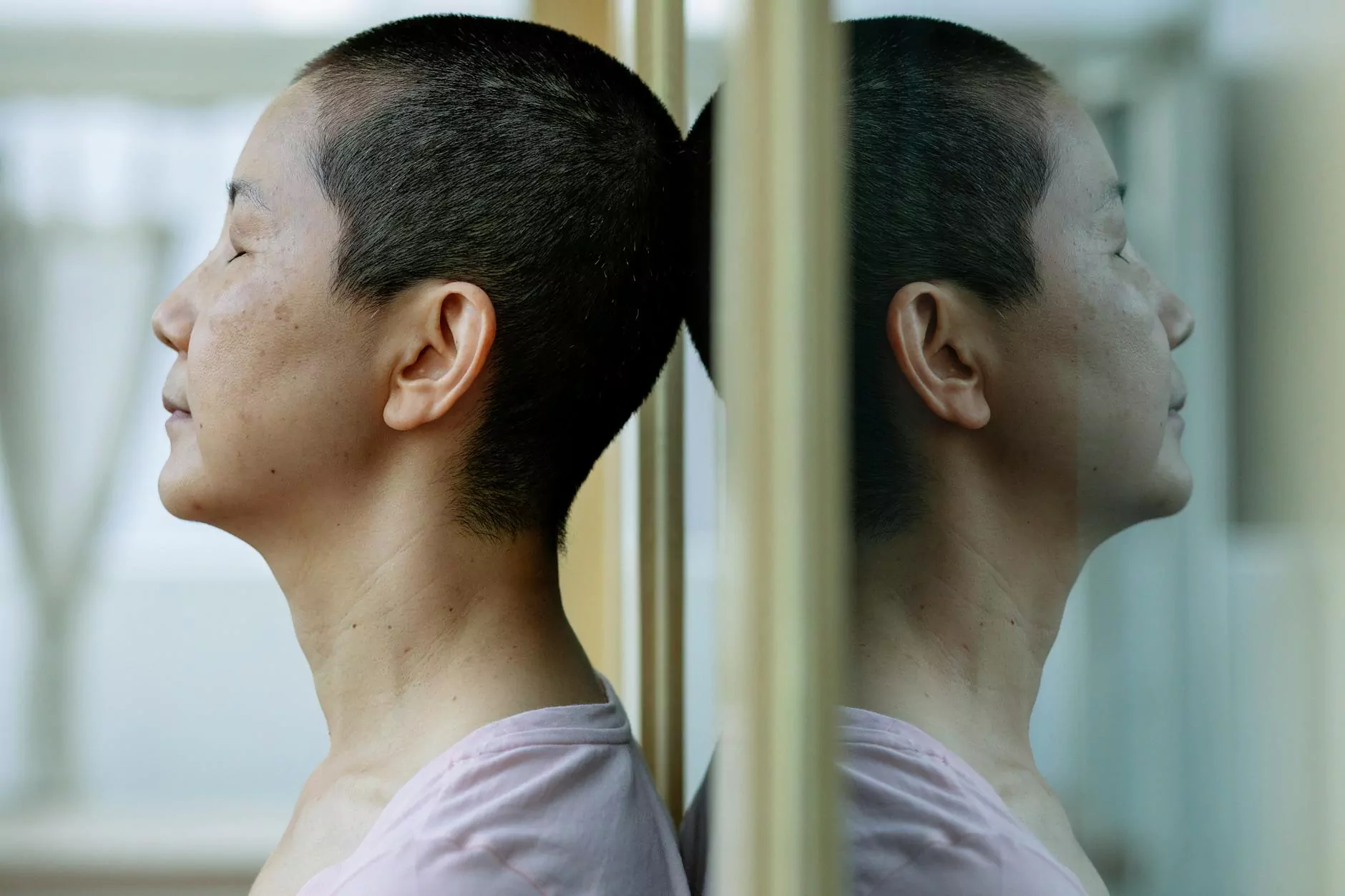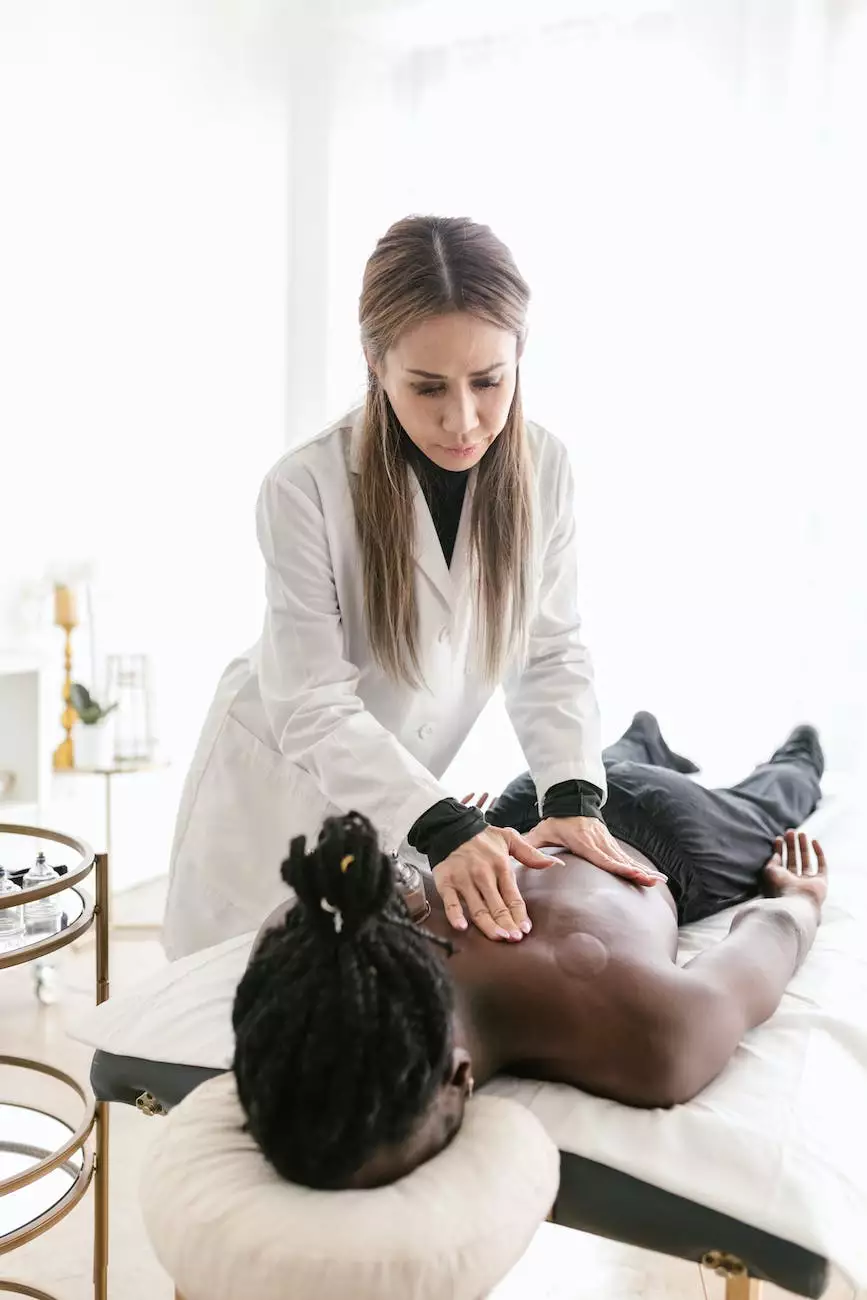What are the Side Effects of Acupuncture?
Interventional Pain Management
Welcome to Pain Management Care, PC, your trusted healthcare provider specializing in comprehensive pain management solutions in South Bend. In this article, we will discuss the potential side effects of acupuncture treatment. Acupuncture is an ancient practice rooted in traditional Chinese medicine that involves the insertion of thin needles into specific points on the body to stimulate healing and balance. While acupuncture is generally considered safe, it is important to be aware of possible side effects that may occur.
The Importance of Understanding Acupuncture Side Effects
As with any medical treatment, it is crucial to have a comprehensive understanding of potential side effects to make informed decisions about your healthcare. By being aware of the possible risks associated with acupuncture, you can engage in an open dialogue with your healthcare provider and take necessary precautions to minimize any adverse effects.
Common Acupuncture Side Effects
Acupuncture is known for its gentle and non-invasive approach to pain relief and overall wellness. However, like any medical procedure, some individuals may experience certain side effects. It is important to note that these side effects are typically mild and temporary.
1. Soreness or Bruising at Needle Site
It is common to experience some soreness or bruising at the insertion sites of the acupuncture needles. This is usually temporary and resolves on its own within a few hours or days. The severity of these effects may vary depending on an individual's sensitivity and the location of the treatment.
2. Fatigue or Dizziness
After an acupuncture session, some individuals may feel temporary fatigue or experience mild dizziness. This is often attributed to the body's response to the treatment, as acupuncture aims to rebalance energy flow within the body. These sensations should subside shortly after the treatment.
3. Temporary Worsening of Symptoms
In certain cases, individuals may experience a temporary worsening of their symptoms immediately after an acupuncture session. This phenomenon, known as a "healing crisis," is considered a positive indication that the body is responding to the treatment. It is important to communicate any changes in your symptoms with your healthcare provider for proper evaluation and assistance.
4. Minor Bleeding or Hematoma
In rare instances, minimal bleeding or hematoma formation may occur at the site of needle insertion. This is more likely to happen if you are taking blood-thinning medications or have a bleeding disorder. It is essential to inform your acupuncturist about any underlying medical conditions or medications you are currently taking to ensure a safe and effective treatment experience.
5. Emotional Release
Acupuncture has been known to promote emotional well-being and release stored emotions. It is not uncommon for individuals to experience temporary emotional changes, such as feeling more emotional or tearful, during or after an acupuncture session. These emotional releases are typically a positive indication that the body's energy is shifting and balancing.
Rare and Serious Acupuncture Side Effects
While the majority of acupuncture side effects are mild and transitory, there are rare instances where more serious complications may occur. It is important to emphasize that such cases are extremely uncommon, and acupuncture remains a safe and effective treatment modality when performed by a qualified healthcare professional.
1. Infection
Infection is a rare but potential complication of acupuncture treatment. To minimize the risk of infection, it is crucial to receive acupuncture from a licensed practitioner who follows stringent sterilization and hygiene practices. If you notice any signs of infection, such as increasing pain, redness, swelling, or discharge at the needle site, seek immediate medical attention.
2. Organ or Tissue Injury
Organ or tissue injury is an extremely rare side effect of acupuncture and is often associated with inexperienced or unqualified practitioners. By selecting a reputable healthcare provider, such as Pain Management Care, PC, you can significantly reduce the risk of any serious complications. Our team of trained professionals prioritizes patient safety and adheres to the highest standards of care.
3. Puncture of Internal Organs
Accidental puncture of internal organs is an exceedingly rare occurrence during an acupuncture treatment. To prevent such complications, acupuncturists undergo extensive training to ensure precise needle placement and avoid vital structures. By choosing a trusted and experienced practitioner, the risk of internal organ puncture is virtually nonexistent.
Conclusion
Acupuncture is a safe and effective treatment option for managing various health conditions and promoting overall well-being. While minimal and temporary side effects may occur, the potential benefits far outweigh the risks. By working with qualified professionals at Pain Management Care, PC, you can be confident in the safety and efficacy of your acupuncture treatment. Contact us today to learn more about how acupuncture can be a valuable addition to your healthcare journey.










